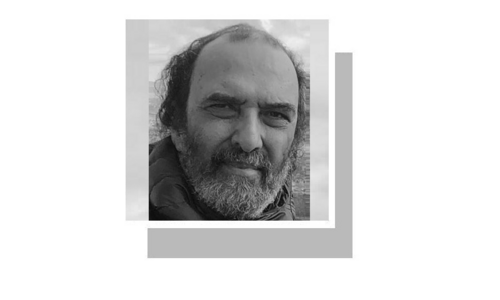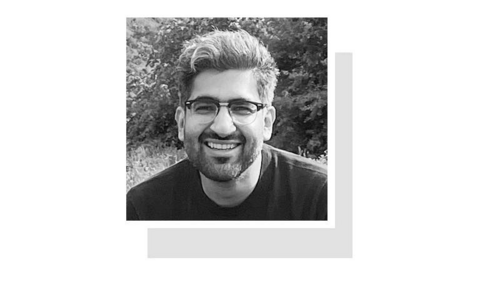KARACHI: Around 150 private universities are illegally operating in the country with impunity amid a lack of coordination, unwillingness and confusion among the regulatory bodies and the government machinery.
It has also emerged that the Higher Education Commission (HEC) limits itself to only identifying such “fake, illegal, unlawful and unrecognised institutions”, whereas the provincial bodies remain inactive against these universities.
An updated list shared by the HEC shows 147 private universities flagged by the commission are operating across the country. The commission has warned students and parents to be vigilant while applying for admissions to these private facilities.
Province-wise data shows Punjab leads the trend with 96 private universities that are unrecognised but still offering several degree programmes to hundreds of students.
HEC limits itself to identifying ‘fake, illegal, unlawful and unrecognised institutions’
Sindh houses 35 illegal universities — mostly in Karachi — followed by 11 in Khyber Pakhtunkhwa, three in Azad Jammu and Kashmir and two in Islamabad.
Not HEC’s job alone
But why the HEC doesn’t act against these “fake, unlawful and unrecognised institutions”? Because it’s not the commission’s job alone, an HEC spokesperson suggested.
“The HEC is working in close coordination with all provincial governments to identify the mushrooming of illegally operating universities and institutions and take strict action against them,” said Aayesha Ikram, the commission’s director general of the media.
“In addition, the HEC places advisory on its website and periodic alerts are published regularly in national and regional dailies cautioning parents, students and the general public not to seek admission in such unlawful universities and institutions, as qualifications held from these would not be recognised or validated,” she said.
The spokesperson claimed that the HEC had suspended operations of some illegal colleges and campuses, but she didn’t share details or name names.
Provincial authorities unaware On the other hand, the provincial authorities were little aware of HEC’s efforts and initiative.
Muhammad Ismail Rahoo, the Sindh minister for universities and boards, environment, climate change and coastal development, said the ministry had not received any such list from the HEC identifying fake private universities in the province.
“They [HEC] would have published it on their website or issued ads in papers but they have not shared any such thing with us,” he told Dawn when asked about any action proposed by the HEC against 35 illegal private universities operating in Sindh. “Neither have they asked us for any action. I will take a personal interest if any such exercise is planned or someone identifies such practices in Karachi or anywhere in the province. We are not aware of any such HEC list so far.”
‘Provinces should take lead’ With such a situation, there is little hope among academicians,
senior faculty members and students to see any action soon against the illegally operating private universities in the country.
They believe that the provinces should take the lead in acting against such unrecognised universities.
“Universities, whether public or private, come into being through a process of legislation at provincial level or we can say through an act of parliament,” said Professor Dr Shah Ali-ul-Qader, the president of the Karachi University Teachers’ Society.
“The province should take the first step. Updating a list and then publishing it periodically would not help anyone. The number would keep rising,” he said. “There’s a mushrooming growth of universities in the private sector and the trend is going on for the past many years. You would even find them in 200-square-yard houses offering bachelor’s or master’s degree programmes.”
He said illegal private universities mostly chose programmes that didn’t require infrastructural support, well-equipped facilities and a qualified faculty. That’s the reason most illegal private universities usually offered business administration and management programmes, he said.
Published in Dawn, February 5th, 2022













































Dear visitor, the comments section is undergoing an overhaul and will return soon.